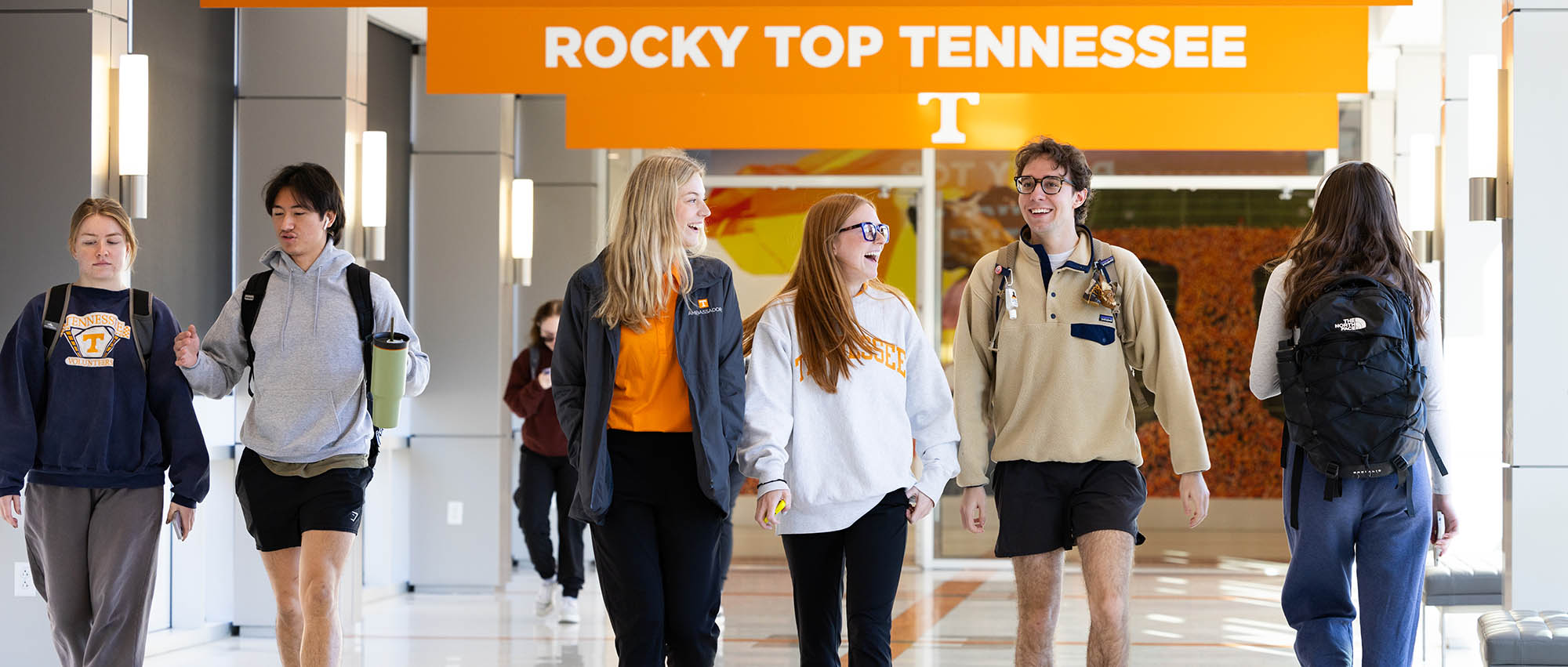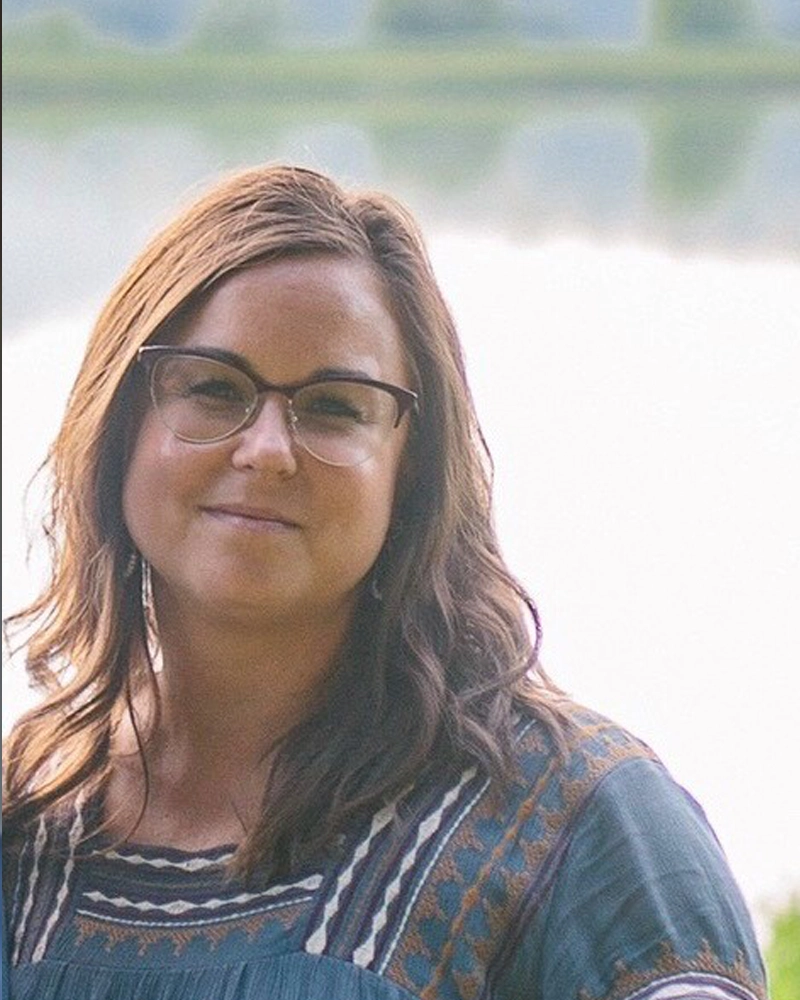
Research
Faculty within the English Education programs engage in research to support learning of English language arts and English literature across K-12 settings. Faculty conduct research focused on such aspects as secondary English methods, sociolinguistics, trends and issues in education, composition pedagogy, young adult literature, adolescent literacy, popular culture, and media literacy.
Programs
TPTE’s English Education program prepares individuals to become educators at the secondary level and supports those seeking to deepen their expertise in the field.
Undergraduate Minor
Students interested in English Education typically earn a Bachelor of Arts degree in the College of Arts and Sciences. While completing requirements for the baccalaureate degree, students earn a minor in Secondary Education. The undergraduate minor leads to a Master of Science (M. S.) degree that includes a year-long internship and the opportunity to earn teacher licensure in Secondary English/English as a Second Language (ESL).
More on Undergraduate Secondary Education Minor
Graduate
We offer both a Master of Science (M.S.) degree and a Doctor of Philosophy (Ph.D.) degree in Secondary English Education.
- The M.S. program provides flexible pathways, with on-campus and distance education options for those seeking teacher licensure. A non-licensure track is also available for educators who wish to strengthen their knowledge of English education and enhance their professional practice.
- The Ph.D. program is designed for individuals who already hold a master’s degree in education or a related field and are seeking advanced scholarly preparation for leadership roles in research, teacher education, and educational policy.
More on M. S. in Teacher Education focusing on English Education
More on Ed. S. in Teacher Education focusing on English Education
More on Ph. D. in Teacher Education focusing on English Education
“English Education prepares future educators to inspire and engage young people in the study of literature, language, and writing while cultivating critical thinking, creativity, and effective communication in multiple classroom contexts.”
English Education Faculty
Sharing Recent Work From Faculty and Students
Journal of Adolescent and Adult Literacy
Durand, S., Glenn, W., Groenke, S. L., Scaramuzzo, P., & Moore, D. (2021). Shaping immigration narratives in young adult literature: Authors and paratextual features of USBBY Outstanding International Books, 2006-2019. Journal of Adolescent and Adult Literacy, 64(6), 665-674. https://doi.org/10.1002/jaal.1149
Teaching Challenged and Challenging Topics in Diverse and Inclusive Literature Addressing the Taboo in the English Classroom
Botzakis, S. (2023). Foreword: The necessity of teaching taboo topics. In R. S. Savitz, L. D. Roberts, & J. DeHart (Eds.), Teaching challenged and challenging topics in diverse and inclusive literature addressing the taboo in the English classroom (1st Edition). Routledge.
Equity & Excellence in Education
Laughter, J., Vela, J., Alghamdi, M., Krupa, M., Langendorfer, A., Malone, C., Mundie, M., Rimbach-Jones, D., Schwind, J., & Stroud, A. (2025). For Such a Time as This: The Present Need for Fugitive Pedagogy. Equity & Excellence in Education, 1–14. https://doi.org/10.1080/10665684.2025.2494263
Literacy Research Association (LRA)
Wallace, K., & Rimbach-Jones, D. (December, 2024). Troubling the educational anti-CRT laws in 6-12 English language arts curriculum. Presentation at the 74th Annual Literacy Research Association (LRA). Atlanta, GA.




